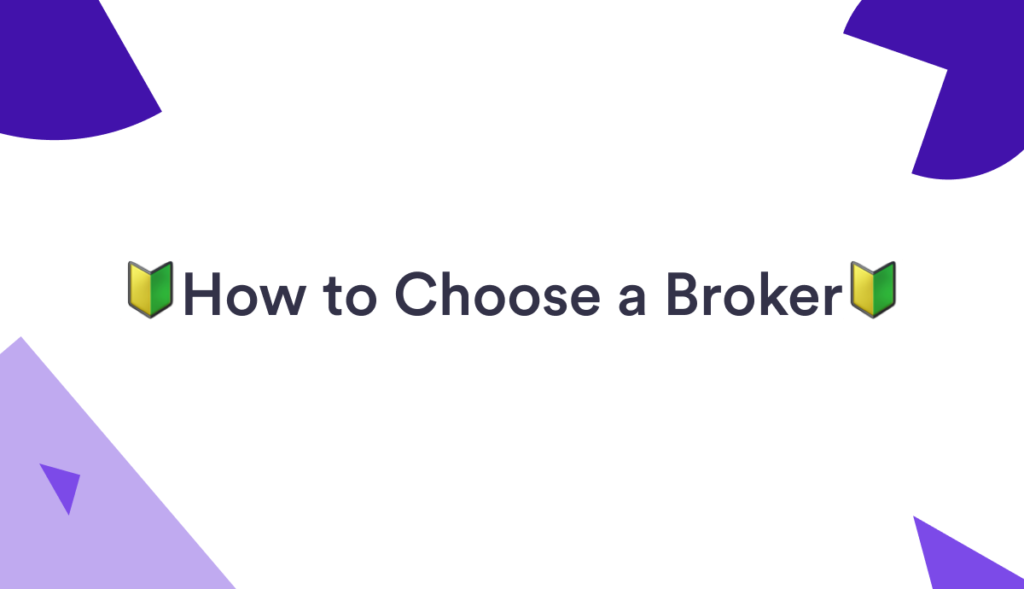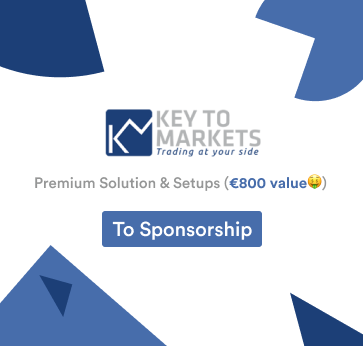Key features to pay attention to when choosing a Forex broker

One of the most important parts about trading Forex is not the immediate strategy or knowledge of every single tool that’s out there. It is the skill to know a good broker when you see one. This may sound pretty easy to do on the surface, but in reality, it goes much deeper than anybody can imagine.
The issue that most people find when choosing a broker is that there is almost no “industry standard” that can be used as a comparison.
For example, let’s say that you just found a brand new broker and would like to review its features. It becomes very hard to determine whether or not it is good or not because there are no objectively good conditions that can be used as a comparison.
However, years of experience and hands-on contact with brokers do help out a bit. Unfortunately, though, not everybody has years to spend on gaining this skill. Thankfully, there are quite a lot of comparison lists, some of them even feature a modern detailed forex comparison tool that takes this collective experience and digitizes it for everybody to use.
But, if you’re not very familiar with technology or don’t trust it as much as your own skills, here are some key points that should be focused on when choosing a Forex broker.
Regulation
The very first thing that needs to be emphasized is the regulation or the license that the broker has from a government agency or organization. This “piece of paper” as some like to call it is a direct message to you as a trader that this company can be trusted. It’s not a direct message that they are a great broker though, it’s just an indication that they will not scam you out of your funds or anything.
What the regulation does is it holds the companies accountable to their mistakes or actions. Should there be an issue that causes you financial harm, and it’s the broker’s fault. You can bring this topic up with the regulator and have your losses be compensated. In this case, it is the broker who will be doing the compensation. We are working on helping select the right broker via a trusted broker’s program.
But, if it does turn out that the broker was fraudulent but still had a license, the regulator would be responsible for paying you back.
Treat regulation as a badge of security. If a broker does not have one it could be due to several reasons:
- The broker was deemed unworthy of the license
- The broker is located in a country that does not regulate FX (pretty bad)
- The broker’s previous license has expired
All 3 of these reasons are a topic of concern and should be paid attention to very closely.
Minimum deposit
The minimum deposit is usually a sign of how friendly the broker is for beginners or veterans. For example, if the minimum deposit somewhere around $100-$200 it’s pretty easy to deduce that yes indeed they are beginner-friendly.
It’s just a sign of the broker “allowing” traders to leave easily. In most cases, a broker that requests a large deposit, it’s designed to keep the trader on the platform despite the platform’s problems.
The important part here is to ensure that the deposit is within reason and is easy enough to get back so that you’re not forced to continue trading on the same platform due to already invested funds.
Spread
The spread is the difference between the market price for a specific asset and the price that the broker shows you on your dashboard. It’s basically the “fee” that you pay the broker for its services. In most cases, it’s within reason as the brokers know that the main income from spreads comes from volume.
One defining feature of EUR/USD though, which is one of the few industry standards that we can use as comparisons is the 1 pip spread. Anything above this is usually considered a major flaw for the broker.
Leverage
Next, we have leverage. Many would think that the more leverage the broker offers the better it is, but that’s not necessarily the case. The only time this is a good feature is when it is applied to the veteran trading accounts. Beginner trading accounts having 1:1000 leverage is just a recipe for disaster.
The broker should be aware of the skill level of their traders and not let them overextend themselves too much, even if it directly benefits them as a company.
Therefore, the next time you see a 1:1000 leverage from a popular Forex broker, make sure that they have some precautions in place to prevent an account zero-out in just one trade.
Subsidiaries
The final point is to look for the broker’s subsidiaries or any other brand names it potentially has. This may be a bit tricky because not all of them showcase these names. But, when you do find them, make sure that they are just as well-regulated and trustworthy as the main brand. If there are some legal issues with a subsidiary, that could be a direct association with the main brand.
For example, if the subsidiary is caught doing something fraudulent, it’s very likely that the main brand may attempt something similar very soon, but on a much larger scale.
In a sense, treat these subsidiaries as the extensions of the main brand and always pay attention to what they have been up to.
Good trading,
Team of Elite CurrenSea








Leave a Reply